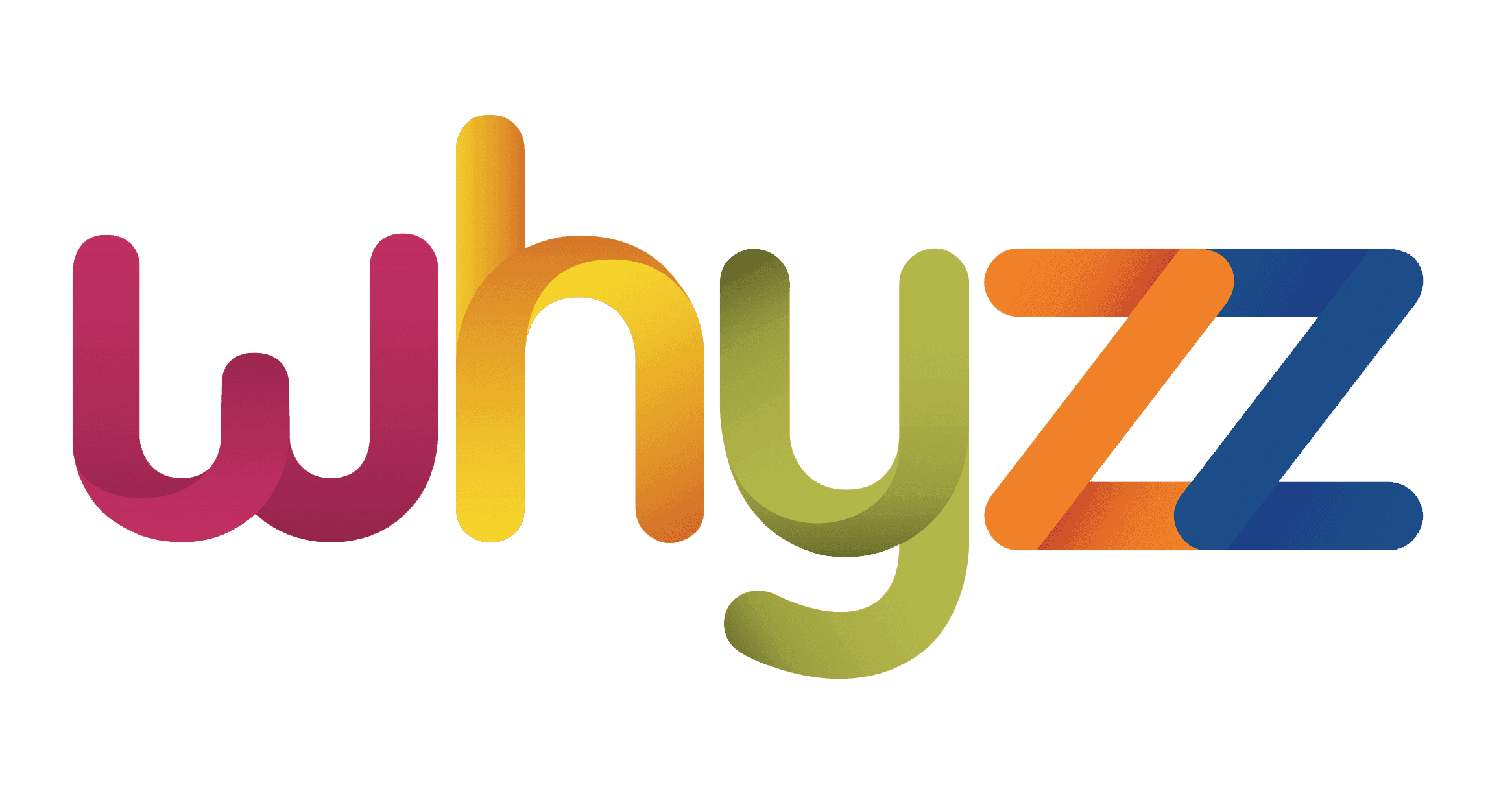What is the solar system?
The solar system is planets, minor planets, moons, asteroids, comets, meteors, and many other objects in space that revolve around the Sun. Dust and gas are a part of this system, too. The Sun is in the center and the biggest object. The most important part of the solar system is the Sun. It gives off a large amount of energy that we need to survive on Earth. The solar system is believed to be over 4 billion years old. We are still learning new things about our solar system. You may see or hear about nine planets orbiting the Sun. Recently, the planet Pluto was removed from being one of the nine planets. It is now a dwarf planet. This was done because astronomers had a new definition for an object that could be called a planet. Now there are only eight planets. These include: Mercury, Venus, Earth, Mars, Jupiter, Saturn, Uranus, and Neptune.
Exploration
Watch the planets orbit the Sun! Have a grown-up help you find a website where you can see an illustration of the planets orbiting the Sun. Have you ever watched water draining out of a sink? Did you notice how the circle of water goes around and around as it leaves the sink? That is like the orbit of the eight planets and other objects that travel around the Sun. Draw your own picture of these planets orbiting the Sun!
Further Information
There are some words that are probably new to you in this information. These words include:
asteroids = rocky objects
astronomers = scientists who deal with astronomy
comets = frozen gas and dust
meteors = mass of stone or metal
orbit = travels around an object
planets = 8 large objects which orbit the Sun
solar = from the Latin word, sol, which means Sun
